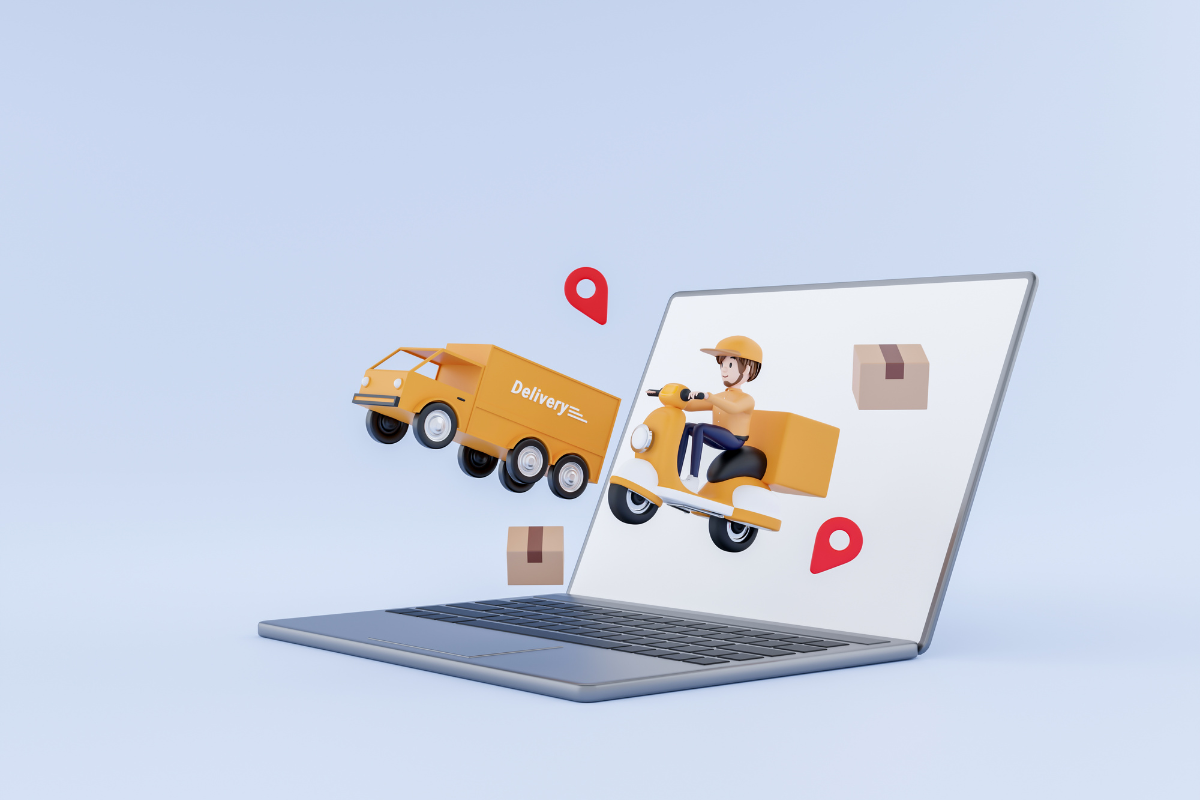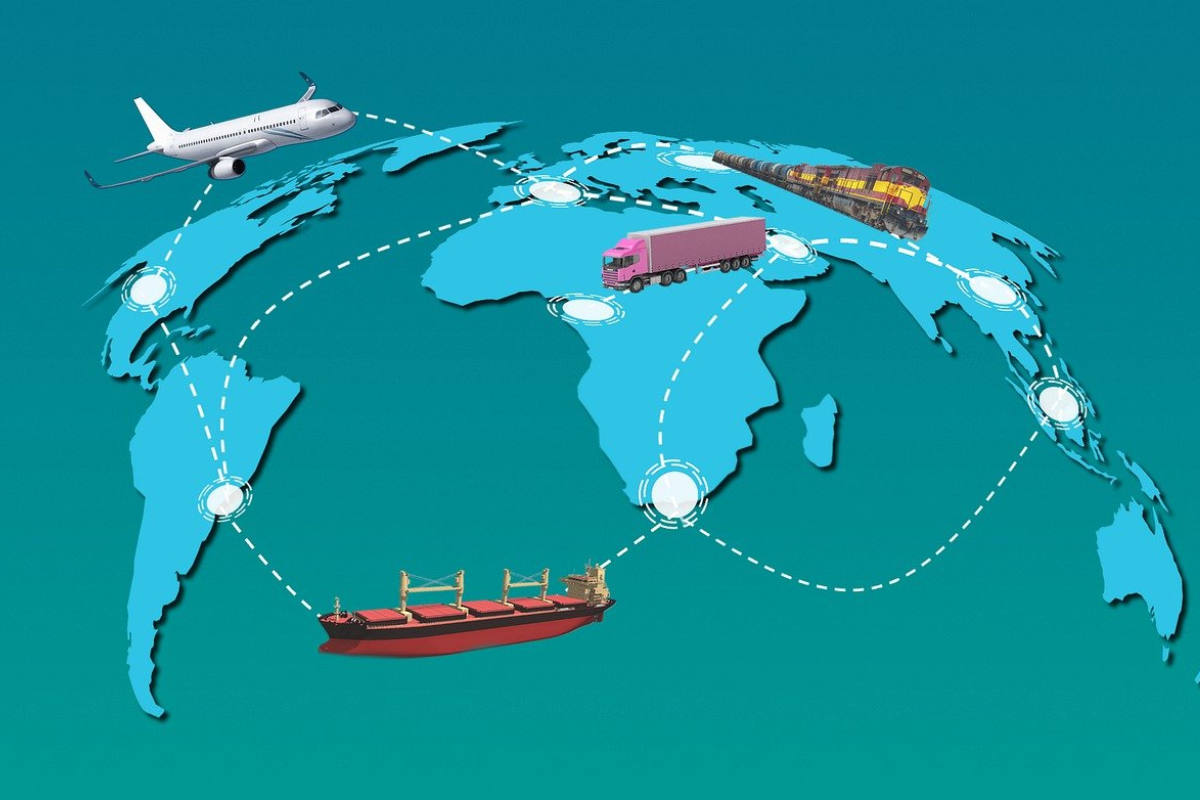On the face of it, dropshipping is a very straightforward business model. All you have to do is to find a supplier, or a set of suppliers, who can fulfil your order requests as they come in.
Then, all that is needed is to simply have them ship consignments that meet those orders directly to your customers.
Not only will this help to save on warehousing costs but it means you do not have the risk of buying stock that you have not yet secured orders for.
Those are two big commercial wins for e-commerce retailers who want to keep their business costs on the floor.
On the other hand, there is a problem that many dropshipping businesses still need to overcome. To put it simply, this can be summed up in a single phrase: international shipments.
Of course, you might find that you can box shift goods from a supplier in the UK directly to your clients instead of using overseas suppliers.
However, this will often mean that margins become so tight that the entire business model can falter.
In other words, most dropshipping enterprises in the UK are only viable when low-cost suppliers are found.
In turn, this will require you to track down foreign suppliers that can provide the sort of economies of scale that only global operators can.

Even more importantly, however, dropshipping firms will need to find suppliers that are geared up to make international shipments for their business model to work in a profitable way.
In fairness, many suppliers in South Asia and the Far East, in particular, are capable of doing everything you might need.
In short, they can ship to Europe on your behalf as well as providing a price point that means your firm’s profitability is assured with each and every sale.
It is primarily for this reason that dropshipping businesses based on serving British consumers via e-shopping platforms and Chinese suppliers, for instance, often work so well.
Problems tend to arise when UK resellers fail to grasp the ins and outs of international consignments, however.
Firstly, even small orders for individual consumer items have to be declared properly as being for commercial sale when they are ordered from outside the UK.
Even something you might order for your own personal use can be held up by HMRC as it comes into the UK if they think it could be for resale and, therefore, sales tax would be due on it.
With dropshipping businesses – where multiple orders might be placed every day, albeit to be sent to different British addresses – customs officials will soon start to take a dim view of lots of undeclared transactions taking place.
This could end up with goods being impounded or even legal action being taken against you.
If HMRC thinks that you are systematically trying to import goods to your customers without making the right declarations, then your entire business model can be placed in jeopardy.
Importantly, this is even the case if you are not trying to avoid your legal duties as an importer and are simply ignorant of all the rules and regulations.
As such, dropshipping businesses need freight forwarding firms to help them make the right paperwork declarations with goods being imported from overseas.
There’s a whole process of registration to go through but dropshippers also need to make individual declarations for every consignment with the right sort of commodity codes.

Of course, some consumer items can be both functional or decorative and, therefore, be seen as falling into more than one category.
According to Barrington Freight, an expert in these sorts of declarations based in Essex, knowing which coding to use for appropriate product classes can make a big difference in avoiding unnecessary run-ins with HMRC.
Furthermore, good freight forwarding will help goods to get off the shelves of Chinese, Taiwanese or Indian suppliers and into container shipments quicker.
They’ll even be able to advise you under which circumstances air freight may be the more cost-effective way to proceed given your customers’ required delivery times.
After all, dropshipping is about getting your customers what they want. Specialists in international freight help to do so in a timely manner, thereby keeping them happy and more willing to place repeat orders.
In this sense, freight forwarding isn’t so much about getting today’s batch of orders fulfilled properly but about achieving sustainable business growth through, too.
This will occur thanks to increased customer satisfaction and the consequent rise in your dropshipping firm’s reputation among consumers for reliability.






























